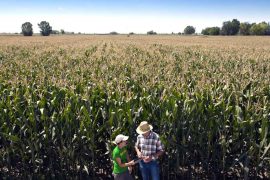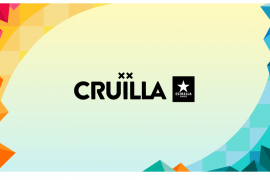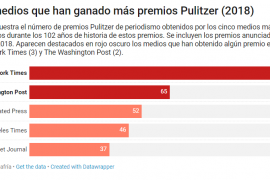The World Bank has just published the 2017 edition of its Global Findex database in which it measures financial inclusion and the financial technology revolution around the world.
This report provides detailed information “on how adults in more than 140 economies access accounts, make payments, save, borrow, and manage risk.” The member states of the United Nations are currently using Global Findex data to track progress towards the Sustainable Development Goals.
Among many other data, the report reveals that 69% of adults own a bank account, which is an increase of 7 percentage points over 2014, and 18 points compared to 2011, when account ownership was 51%. In absolute figures, this means that 515 million people gained access to financial tools in recent years.
Another data provided by the study reflects the impact that digital technology is having in the field of payments. Thus, 52% of adults sent or received digital payments in the last year. This is an increase of 10 points compared to 42% in 2014.
The World Bank launched Global Findex in 2011 thanks to the financing offered by the Bill and Melinda Gates Foundation. To date, three surveys have been carried out: in 2011, 2014 and 2017.
The following graph shows the percentage of the adult population that has a bank account in the 140 territories analyzed in this report. The list is headed by Scandinavian countries – Denmark, Finland, Norway and Sweden – followed by Canada and the Netherlands, all of them above 99.6%.
Spain occupies the 26th place on the list: 93.76% of the adult Spanish population holds a bank account.



















